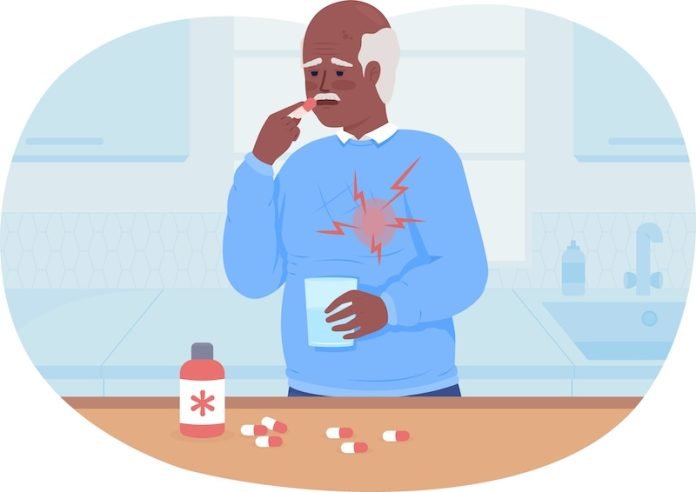
The heart and kidneys are like teammates in a relay race; when one struggles, it affects the performance of the other. This connection means that heart disease can have significant, sometimes severe, impacts on kidney function.
Understanding this relationship can help in managing both conditions better and preventing further complications.
Heart disease encompasses a range of conditions affecting the heart’s structure and function. One common type is cardiovascular disease, which includes conditions like heart attacks and heart failure.
When the heart isn’t working properly, it can lead to complications in other parts of the body, including the kidneys.
The kidneys are our body’s filtration system, cleaning the blood and removing waste products through urine. They also help regulate blood pressure, electrolyte balance, and red blood cell production.
For the kidneys to do their job, they need an adequate blood flow, which is where the heart comes into play. When heart function is compromised, the blood flow to the kidneys is also affected, which can lead to kidney problems.
One of the most direct impacts of heart disease on the kidneys is through heart failure. Heart failure occurs when the heart is unable to pump blood efficiently. This inefficiency can cause fluid to build up in the body, including in the kidneys.
The excess fluid can lead to kidney congestion and impair their ability to function properly.
Research published in the Journal of the American College of Cardiology shows that about one-third of patients with heart failure also develop kidney dysfunction, which complicates their condition and treatment.
Another way heart disease affects the kidneys is through atherosclerosis, where the arteries harden and narrow. This condition can lead to renal artery stenosis, where the arteries that supply blood to the kidneys are narrowed.
This narrowing reduces blood flow to the kidneys and can cause renal hypertension (high blood pressure in the kidneys) and eventually lead to kidney damage if not properly managed.
Furthermore, the relationship between heart disease and kidney function is bidirectional—just as heart disease can lead to kidney dysfunction, poor kidney function can exacerbate heart disease.
For instance, kidney problems can lead to fluid overload, which puts additional strain on the heart. Also, kidneys that are not functioning properly can contribute to hypertension, which is a major risk factor for heart disease.
Treatment for individuals facing both heart and kidney problems involves managing both conditions simultaneously.
Medications such as ACE inhibitors or ARBs (Angiotensin Receptor Blockers) are often prescribed as they can help control blood pressure and prevent further damage to both the heart and kidneys.
Diuretics are also commonly used to help remove excess fluid from the body. Additionally, lifestyle changes, including maintaining a healthy diet low in sodium and fat, exercising regularly, and avoiding tobacco and excessive alcohol, are crucial.
Preventive measures are equally important. Regular check-ups are essential, especially for those with risk factors for heart disease or kidney dysfunction. Early detection and treatment can prevent the progression of these conditions and reduce the risk of complications.
In conclusion, heart disease and kidney function are closely linked, with each affecting the other’s health. Understanding this connection helps in managing both conditions more effectively.
Maintaining a healthy lifestyle and following medical advice for managing these diseases can significantly improve an individual’s quality of life and prevent further health complications.
If you care about kidney health, please read studies about pesticide linked to chronic kidney disease, and this drug may prevent kidney failure in people with diabetes.
For more information about kidney health, please see recent studies about drug duo that may treat kidney failure, and results showing these vegetables may protect against kidney damage.
Copyright © 2024 Knowridge Science Report. All rights reserved.



